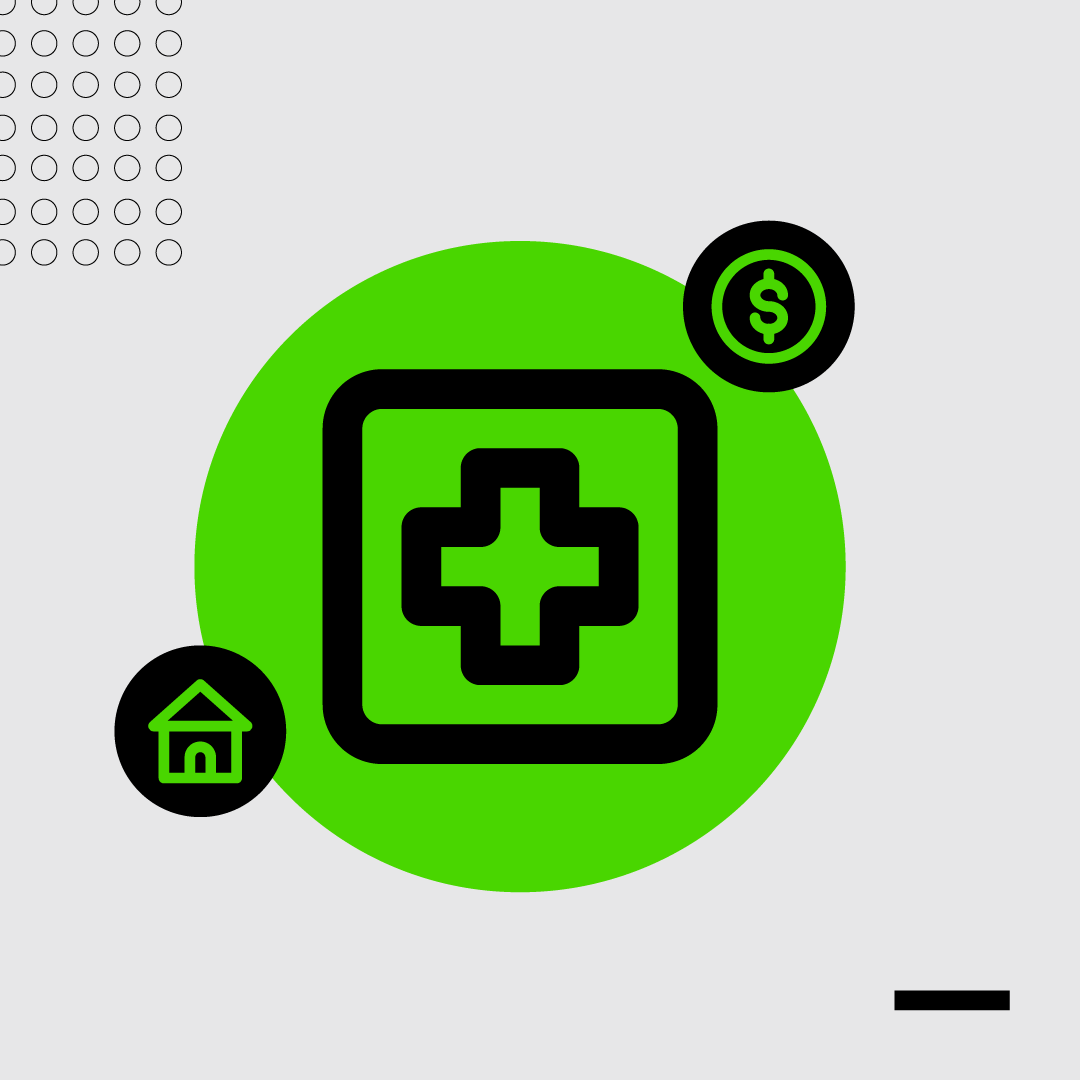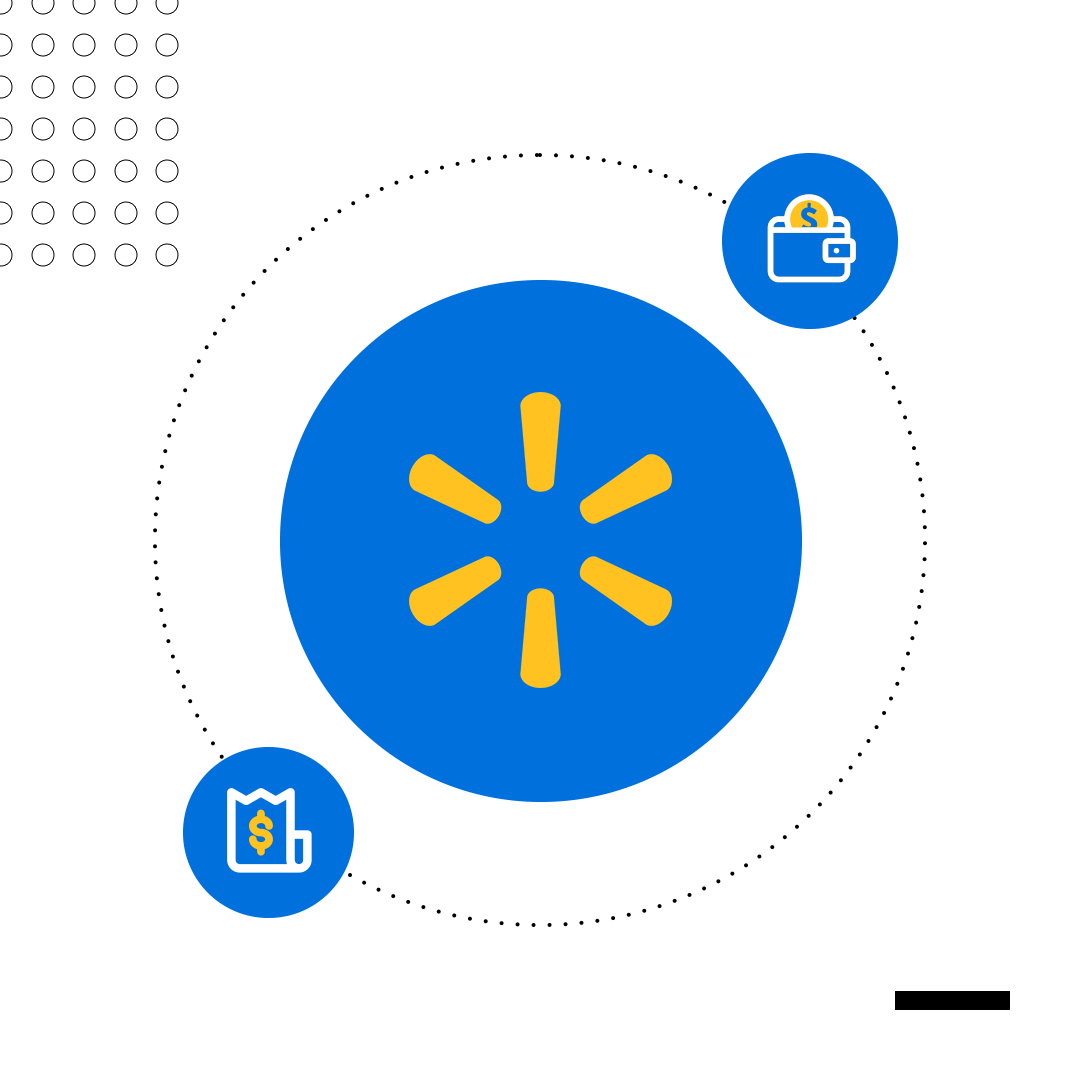November 22, 2022 -- Research collaboration by Commonwealth, Green Dot, Gig Wage, and Steady focuses on which financial tools and resources can help reduce impact of income volatility among gig workers
Despite rapid growth of the U.S. gig economy, the majority of gig workers remain underserved as they face a variety of unique and pressing financial challenges, and lack effective tools to help them achieve financial stability. According to new research led by nonprofit Commonwealth and supported by Green Dot Corporation (NYSE: GDOT), Gig Wage, and Steady, most of today’s gig workers face persistent income volatility and have little or no savings for emergency expenses. Additionally, the study focused on what employer benefits may be most effective in reducing the impact of income volatility on gig workers.
“The U.S. gig economy has seen dramatic growth and expansion, accounts for a significant portion of our jobs, and plays an important role in many of our lives,” said Greg Quarles, CEO, Green Dot Bank. “We are proud to partner with Commonwealth to learn more about the needs and challenges of this critical segment of workers and consumers so that we can build tools and experiences to better serve and empower them, both directly and through our partners.”
The research report, “Evaluating the Impact of Income Volatility Benefits on Gig Workers,” evaluated the impact of one of three financial interventions randomly assigned across two cohorts of gig workers. Participants were eligible for up to $1,000 in funds through either a weekly stipend, emergency grant, or emergency loan over a four-month period. Key findings of the Financial Benefits Project pre-pilot included:
- Gig workers have little to no savings for emergency expenses. Between the two cohorts, around 70-80 percent of gig workers had $1,000 or less in savings, and more than 40 percent had no savings at all.
- $1,000 provided short-term financial relief and reduced stress. At the start of the program, most participants did not have the resources to manage a $1,000 expense. For many, the $1,000 interventions provided short-term financial relief and reduced stress.
- Financial hardships were frequent and expensive. Three in four gig workers (76 percent) surveyed after receiving weekly stipends had experienced a financial hardship of more than $1,000, with a third (32 percent) experiencing three or more. 79 percent said their financial hardship prevented them from working.
- Financial support needed for necessities. Across all three interventions, gig workers cited their top financial hardships as paying rent, utilities, auto, or other basic expenses.
“Gig work has gained traction and appeal for a number of reasons – not the least of which is the flexibility and agency it can provide workers,” said Timothy Flacke, Co-Founder and Executive Director, Commonwealth. “But non-traditional work can create financial challenges. This important pre-pilot demonstrates that more research into the unique financial needs of gig workers is needed.”
“Economic empowerment is everything. This research and data are foundational to unlocking key insights to building technology and services that can truly provide a financial social safety net to tens of millions of everyday hard-working people,” said Craig J. Lewis, Founder & CEO, Gig Wage. “Understanding how money moves through the gig economy and how gig workers receive and spend their money is critical to solving the challenges that plague so many underserved, underbanked, and credit invisible individuals. This study is a great step in the right direction to help inform all constituents from Capitol Hill and academia to corporations and independent contractors alike.”
“This research further reinforces the fact that millions of non-standard workers are facing incredibly precarious financial situations — and demonstrates the potential of cash assistance programs in helping address that challenge,” said Adam Roseman, CEO, Steady. “This is about providing both employers and policymakers with the data and tools to better help those workers chart a path to financial stability.”
The Financial Benefits Project pre-pilot evaluated 138 gig workers across two cohorts, with 51 percent identifying as African American/Black, 74 percent identifying as female, and 62 percent earning less than $40,000 a year. Compared to service-sector employees, a greater percentage of gig workers earn less than minimum wage, have lost earnings from technical difficulties, have used SNAP benefits, and are not able to cover utility payments in full.1 Due to these barriers to financial security, gig workers are often unable to build emergency savings and are caught in a cycle of financial insecurity.
View the full report from Commonwealth here.



